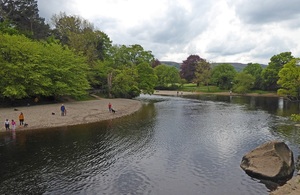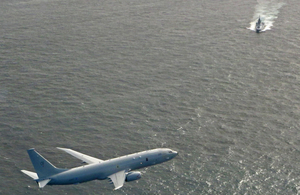Data authority sets new standards to improve data sharing across government
- Guidance on how government departments share data will help improve services
- Standards will be used in line with data protection rules and the data ethics framework
The Data Standards Authority (DSA) has recommended the use of new open data standards to improve data sharing across government.
At the Spring Budget, the government made a commitment to improve how it uses data to drive better public services.
Data standards create a consistent way to record and share data within government. These standards will improve services for citizens by allowing departments access to high quality data quickly, easily and securely, protecting personal data at all times. People will then experience more personalised government services and support.
The DSA has today published summaries of these metadata standards and guidance on how to implement them.
The standards focus on data shared privately between departments, as well as open data published on GOV.UK and other public sector websites. They also include best practice for sharing CSV files which convert data from spreadsheets into another format. The standards will be used in line with government data handling guidance, such as the data protection regime and the data ethics framework.
Director General of the Government Digital Service, Alison Pritchard said:
I’m delighted by today’s launch of the metadata standards; they’re the first step in assuring how data is shared across government. Standards are critical in allowing us to make sure our information is better managed. They will improve the quality of government data and help us deliver the best possible services to citizens.
The metadata standards and guidance are the first deliverable of the DSA, a cross government authority led by the Government Digital Service.
The DSA is responsible for driving greater standardisation of data across government to improve data quality, findability and sharing. By improving the foundations, government data will be uniform, easy to use and trusted.
The DSA is advised by a steering board in setting and delivering a government strategy for this work. The board is made up of representatives from several Whitehall departments including the Department for Digital, Culture, Media and Sport, the Home Office, the Office for National Statistics and the Department for Work and Pensions. The board meets on a monthly basis to discuss strategic priorities and the roadmap for the DSA.
Director General for Data Capability and ONS Deputy National Statistician, Frankie Kay, said:
The DSA’s work allows the government to further capitalise on the benefits of data to improve our services. Through participation on the Steering Board, ONS is able to ensure alignment with wider data initiatives and implement data standards in line with our priorities.
The metadata standards and guidance have been published on GOV.UK and included in the Technology Code of Practice. Regular updates on the work of the DSA will be published on GOV.UK and on the Data in Government blog.

